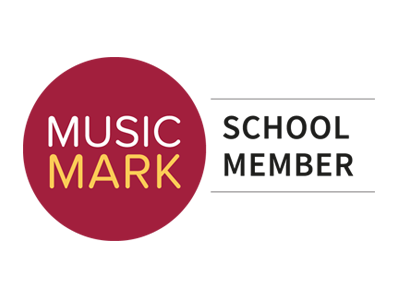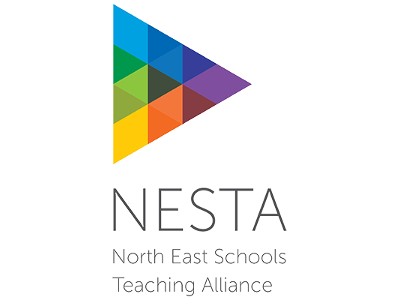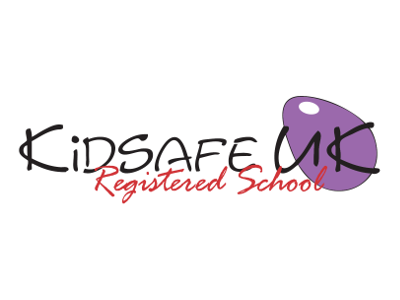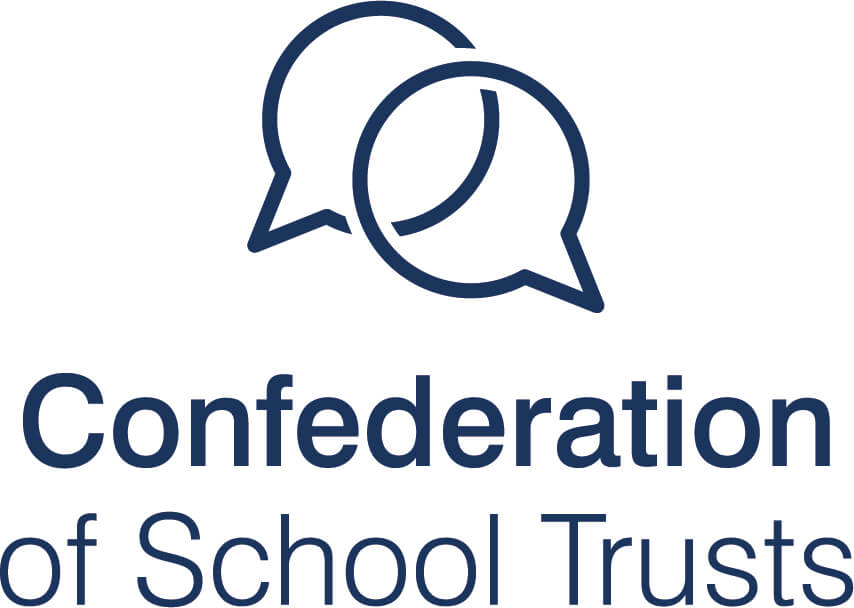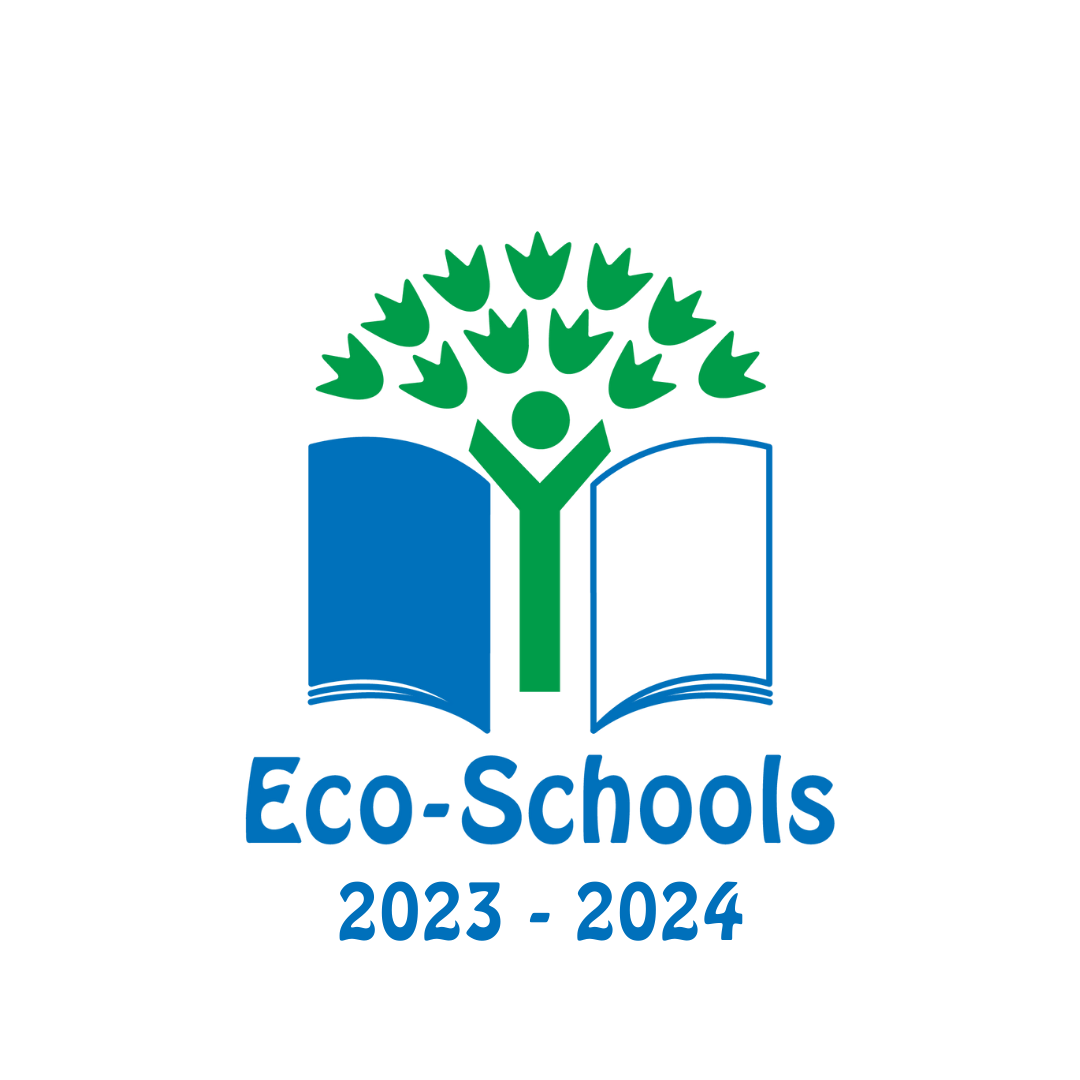Pupil Premium
At Normanby Primary School, we believe in providing an education that empowers every child to reach their full potential, regardless of their background or personal circumstances. The Pupil Premium Grant (PPG) is funding from the government to improve educational outcomes for disadvantaged pupils in state-funded schools in England. They recognise the need to support all schools to use the wealth of evidence of ‘what works’, evaluated by the Education Endowment Foundation (EEF), to use this funding effectively. The funding is used as part of our school wide approach to targeting the support through activities and lessons which we judge to have the greatest Impact.
The achievement gap between students from lower-income households and their more privileged peers is well-documented across all educational stages. Poverty, after prior attainment, is the most significant factor in determining a child’s future opportunities. Even high-achieving students from disadvantaged backgrounds fall behind their less accomplished counterparts from advantaged backgrounds by the end of Key Stage 1. The likelihood of a student eligible for Free School Meals (FSM) achieving expected levels of progress is only one-third of that of a non-FSM student. Consequently, the government believes that providing additional funding to schools will give underperforming students from economically challenged backgrounds a better start to life.
Which students qualify for Pupil Premium?
The following groups are eligible for Pupil Premium Funding:
- Pupils who are recorded as eligible for free school meals, or have been recorded as eligible in the past 6 years, including eligible children of families who have no recourse to public funds (NRPF).
- Children looked after by local authorities, referred to as looked-after children.
- Children previously looked after by a local authority or other state care, referred to as previously looked-after children.
The following groups are eligible for Service Pupil Premium:
- Children whose parent or parents is/are serving in the regular armed forces (including pupils with a parent who is on full commitment as part of the full-time reserve service).
- Children who have been registered as a ‘Service child’ on a school census in the past six years.
- If a child’s parent has died whilst serving in the armed forces and the pupil receives a pension under the Armed Forces Compensation Scheme or the War Pensions Scheme.
- If a child has one of their parents in the armed forces of another nation and is stationed in England.
What is Pupil Premium Funding spent on?
To ensure that disadvantaged students’ educational achievements are improved, schools must use their pupil premium funding according to the approved set of strategies provided by the Department for Education. This menu of approaches, aligned with the EEF’s 3-tiered model, helps schools allocate funds across three key areas:
- Enhancing high-quality teaching, including professional development for staff.
- Providing targeted academic support, such as tutoring through the National tutoring Programme.
- Addressing non-academic obstacles to academic success, such as attendance issues, behavioural challenges, and social and emotional well-being.
While prioritising high-quality teaching is in line with the EEF’s recommended approach, schools can adjust the distribution of funds across these tiers based on the specific needs of their students. It is important to note that pupil premium funding is not allocated on an individual basis for each student, and schools are not required to spend it exclusively on eligible pupils.
Pupil premium funds can also be used to support other students with identified needs, such as those who have or had a social worker or those who serve as caregivers. Additionally, the funds can also be utilised for interventions benefitting the entire class, such as high-quality teaching, which can benefit both disadvantaged and non-disadvantaged students.
It is crucial that we give equal attention to high-achieving eligible students as well as lower-achieving eligible students when allocating funding.
How is the Pupil Premium Funding used?
At Normanby Primary School, we implement a range of strategies to support all students, including those who qualify for Pupil Premium. Each year, we devise a thorough plan to enable our students to reach their maximum potential. Our teachers and teaching assistants are informed about the students who are eligible for Pupil Premium, and they receive additional focus group work or 1:1 support than non-pupil premium students. By the end of the academic year, we evaluate the effectiveness of additional support, interventions and strategies we have employed to ensure they provide the greatest value and facilitate progress.
To continuously improve the provision and enhance achievement for all students benefitting from pupil premium funding, we have formulated a Pupil Premium Strategy Statement.
Early Years Pupil Premium Funding
Since April 2015, schools, nurseries, childminders and other childcare providers have been eligible to claim extra funding through the Early Years Pupil Premium (EYPP) to support children’s development, learning and care. The EYPP provides Normanby Primary School with additional funding to close the achievement gap. It offers funding for three and four-year old children whose parents receive specific benefits or if children have a history of being in care or adopted from care.
Research and data indicate that children eligible for free school meals generally perform less well academically, however, high-quality early education can positively influence a child’s performance. You may already be familiar with the Pupil Premium funding available for school-age children, which has proven to be beneficial, and we aim to provide a similar boost to our early years’ children entitled to this funding. The extra funding can make a significant difference to both us and your child. We again have the freedom to utilise the additional funds to enhance the quality of early years education, such as providing additional training for our staff in early language development, establishing partnerships with colleagues to expand our expertise, or supporting our staff in specialised areas like speech and language.
If your child is attending our nursery, we kindly request that you complete a form during enrolment which can be obtained from the school office. This will enable us to claim the additional EYPP for your child if they are eligible.




